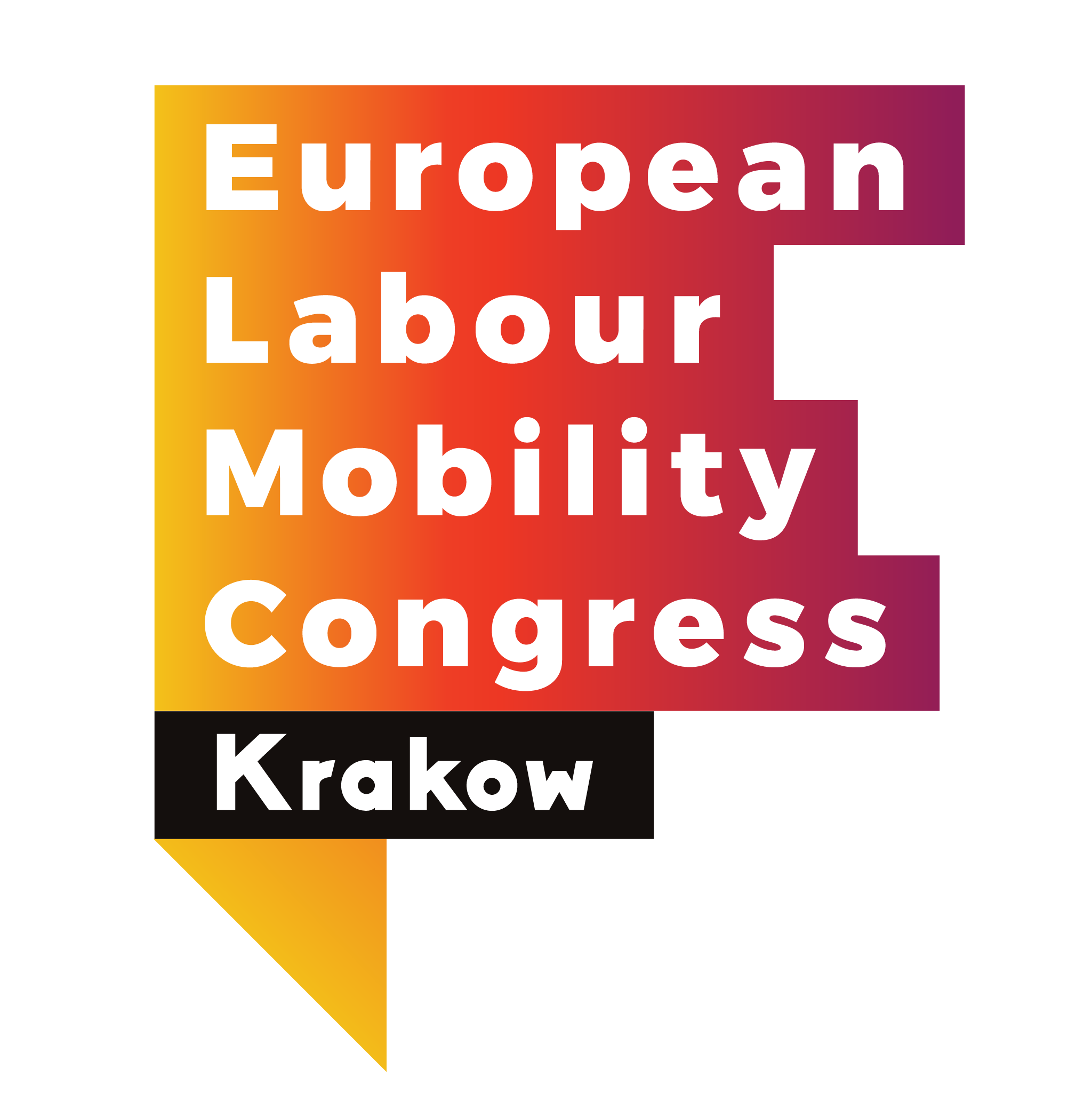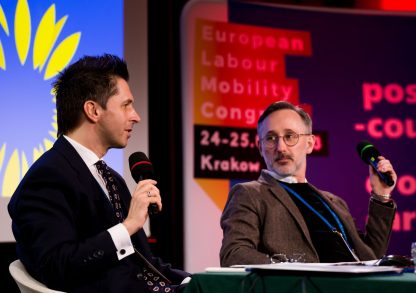The Project ‘Cooperation as a key to overcoming challenges in the field posting of workers from care, construction, transport and agriculture sectors’ is an EU project co-financed by the European Union, which has involved representatives of employers, trade unions and public and private institutions from Spain, Poland, Serbia, Norway, Romania and the Czech Republic. Among its objectives it has been to increase the effectiveness of the application of the fundamental rights of posted workers, while guaranteeing their free and fair movement, finding solutions to overcome existing barriers and difficulties primarily in the home care, construction, transport and agriculture sectors.
As a kind of conclusion of the Project and as a basis for overcoming the existing challenges faced by posted workers and third-country nationals, an international training course on the application of labour and social security law and double taxation avoidance rules was held, resulting in the creation of the Training Material that lists these challenges and proposes solutions to overcome them.
The selection of the contents that make up the Training Material stems from the analysis carried out by the experts from the Partner countries participating in this EU Project and their conclusions, which mainly dealt with common obstacles and difficulties detected among posted workers, monitoring and implementation of European regulatory provisions in the live-in care, construction, transport and agriculture sectors.
The Training Material consists of two parts. The first addresses issues related to the terms and conditions of employment of posted workers (based on the definition of this concept within the European legislation) and highlights aspects such as the guarantee of publication of the information for posting employers, the terms and conditions of employment during the posting, especially those related to the payment of remuneration and the settlement of travel costs, allowances and accommodation or the duration of the posting and settlements during the trip - as the most relevant ones.

The first part also discusses the sources and main issues related to the application of labour law to posted workers on the basis of freedom to provide services, as well as the terms and conditions of employment based on the regulatory framework taking into account the Rome I Regulation, which regulates aspects related to the terms and conditions of employment, the choice of applicable labour law and its limitations.
The second part of the Training Material focuses on social security and the difficulties faced by a posted worker depending on the regime to which he/she should be subject to, established in accordance with EU legislation. The Training Material takes into account the uniform European legislation and the different instruments, including the A1 certificate, highlighting the difficulties in interpreting the rules between countries, depending on the application of Article 12 or 13 (or Article 11, or, as an 'ultima ratio', Article 16) of Regulation 883/2004/EC on the coordination of social security systems.
In addition, the Training Material also contains practical examples pointing out to certain ‘traps’ in the national legislation that hinder the ensuring of generally understood terms and conditions of employment to posted workers, as well as a chapter on case law citing relevant case law of the Court of Justice of the European Union on applicable legislation, in particular social security.
Finally, the Training Material includes a chapter entitled ‘Challenges and Solutions’, which identifies a number of typical challenges related to administrative barriers in host countries for entrepreneurs posting workers, non-compliance during the posting period, lack of information or the requirement of Vander Elst visas. In response to these challenges, a number of measures are mentioned as potential solutions, including, among others, the reference to the case law of the Court of Justice of the EU, the European Care Strategy and the Council recommendations on access to high quality and affordable long-term care.
The Training Material is available: HERE








